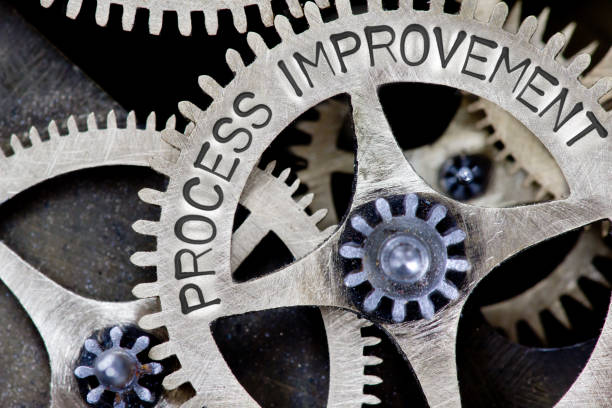Established Companies
We at FUNEL applaud all the companies that have endured the test of time, whether it has been 10, 25, 50 years or more; we know how hard it is keep a business operating and be successful. All things change over time: new leadership, team members, products and customers, and it is very difficult for a business to mange all of these changes alone. We are here to help you and your company navigate the future; we will share our knowledge and experience to help you reach new levels of success.
"We don't run companies, we help companies run better."
We at FUNEL applaud all the companies that have endured the test of time, whether it has been 10, 25, 50 years or more; we know how hard it is keep a business operating and be successful. All things change over time: new leadership, team members, products and customers, and it is very difficult for a business to mange all of these changes alone. We are here to help you and your company navigate the future; we will share our knowledge and experience to help you reach new levels of success.
"We don't run companies, we help companies run better."
|
Leadership training can take various forms, including workshops, seminars, online courses, coaching, and mentorship programs. The goal is to empower leaders with the skills and knowledge necessary to navigate the complexities of leadership and drive positive outcomes within their respective organizations.
Leadership training refers to a structured and purposeful learning process designed to develop and enhance the skills, knowledge, and qualities necessary for effective leadership. This type of training is aimed at individuals in leadership roles or those aspiring to lead teams, departments, or organizations. Leadership training programs cover a range of topics and strategies to equip participants with the competencies needed to lead and inspire others. Here are key elements and components often associated with leadership training:
|
|
Business development is a dynamic and continuous process that requires a proactive and strategic approach. It involves collaboration between various departments, including sales, marketing, finance, and operations, to achieve sustainable growth and maintain a competitive edge in the marketplace. Successful business development efforts contribute to the overall success and longevity of the organization.
The primary goal of business development is to create long-term value for the organization by identifying opportunities, building relationships, and implementing strategies that contribute to increased revenue, market share, and profitability. Business development encompasses a wide range of activities and may involve various departments within a company. Here are key aspects of business development:
|
|
Program management is the process of managing and coordinating a set of related projects and activities to achieve specific strategic business goals or outcomes. A program is a collection of projects and initiatives that are interrelated and contribute to the overall success of an organization's strategic objectives. Program management involves planning, executing, and overseeing these projects in a coordinated manner to ensure alignment with organizational goals. Here are key elements and characteristics of program management:
|
|
Process improvement is the systematic and ongoing effort to enhance and optimize business processes within an organization. The goal of process improvement is to increase efficiency, effectiveness, and overall performance by identifying, analyzing, and making changes to existing processes. This involves a structured approach to identifying areas for improvement, implementing changes, and continuously monitoring and refining processes over time. The key principles of process improvement include:
|




